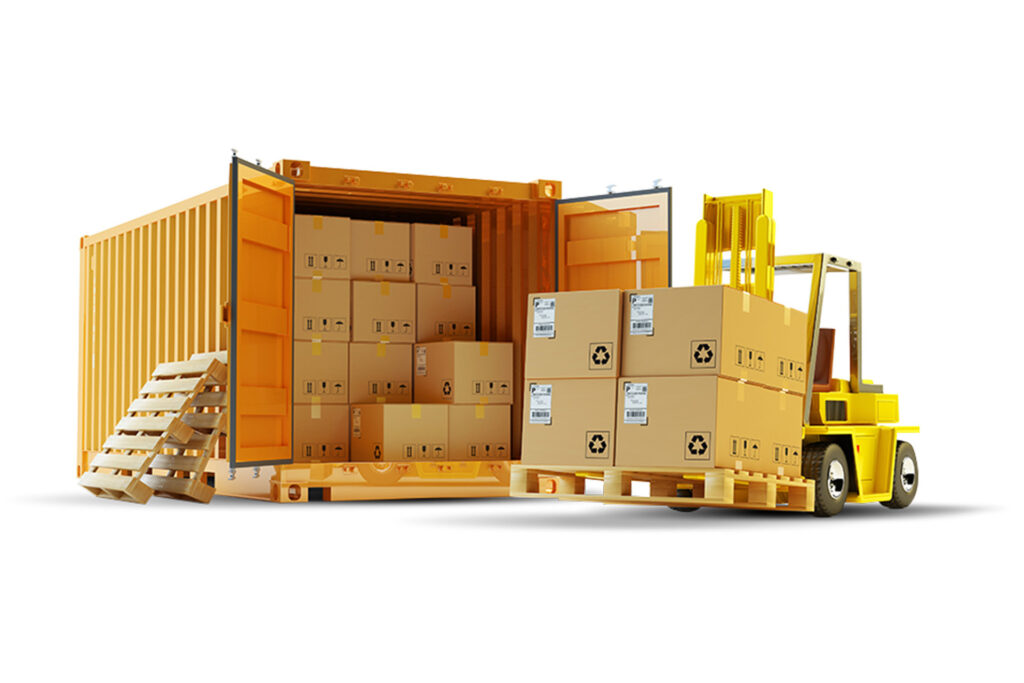Importing furniture into Saudi Arabia involves a detailed customs clearance process governed by strict regulations. Whether you’re a business or individual importer, following these steps ensures your furniture shipments enter the Kingdom smoothly and in full compliance with local laws.
General Requirements for Customs Clearance in Saudi Arabia
Before diving into furniture-specific rules, it’s important to understand the general customs requirements that apply to all imported goods:
1. Importer Registration
Importers (companies or individuals) must have a valid commercial registration (CR) in Saudi Arabia.
Foreigners must also hold a valid residency permit (Iqama) to register.
2. Registration on the SABER Platform
SABER is Saudi Arabia’s electronic conformity assessment platform. All products must be registered on SABER to obtain necessary product conformity certificates.
3. Compliance with the SALEEM Program
The SALEEM safety program ensures that all imported and locally manufactured products comply with Saudi technical regulations and standards.
4. Hiring a Licensed Customs Broker
Working with an experienced and licensed Saudi customs broker is essential for smooth and fast clearance, helping avoid costly delays or documentation errors.
5. Digital Payment of Customs Fees
All fees and taxes are paid electronically via the SADAD payment system.
Required Documents for Furniture Customs Clearance
1. Original Commercial Invoice
Must include detailed product descriptions, quantities, unit values, total price, country of origin, and contact details of both the shipper and consignee.
2. Packing List
Breaks down the contents of each package (box/carton), including weights, measurements, and dimensions.
3. Original Bill of Lading
Issued by the shipping line; serves as the contract of carriage and proof of ownership of goods.
4. Certificate of Origin
Issued and certified by the Chamber of Commerce in the country of origin, verifying where the furniture was manufactured.
5. Conformity Certificates via SABER
- Product Certificate of Conformity (PCoC): Mandatory for goods subject to technical regulations (e.g., certain textiles used in furniture). Issued once and valid for one year.
- Shipment Certificate of Conformity: Issued per shipment, confirming that the goods have a valid PCoC. Required for customs release.
6. Power of Attorney for Broker
If a customs broker is appointed, they must hold a formal authorization letter signed by the importer.
7. Insurance Certificate
Strongly recommended, especially for high-value shipments, to protect against damage or loss.
8. Valid CR or National ID
Saudi nationals must provide a valid national ID; residents must present a valid residency permit, and companies must submit their commercial registration.
Technical Regulations for Furniture and Textiles
Furniture and home textiles are regulated by SASO (Saudi Standards, Metrology and Quality Organization). Here are the key technical standards:
1. Technical Regulation for Textile Products
Covers products containing 80% or more textile fibers by weight, such as rugs, curtains, cushions, etc.
2. Compliance and Safety Requirements
Products must pass safety and chemical tests for restricted substances like formaldehyde and heavy metals. Test reports may be required from SASO-approved laboratories.
3. Labeling Requirements
All furniture items must have permanent, clear, and secure tags showing:
- Fiber content and percentage
- Product weight, size, and dimensions
- Supplier name and commercial registration
- Country of origin
- Care instructions (washing/dry-cleaning symbols)
Labels must not contain religious verses or sacred names, and all text/images must comply with Saudi cultural norms and Islamic values.
Packaging and Sustainability Requirements
- Packaging must be well-designed to safely contain the product during transport.
- Materials should be free from lead and toxic heavy metals.
- Packaging must display appropriate recycling symbols.
SABER Conformity Verification
Conformity certificates must be obtained through SASO-approved conformity assessment bodies.
Customs Duties and Taxes for Furniture
- Customs Duty: Furniture is subject to a 15% duty based on the CIF value (Cost + Insurance + Freight). If invoices are unavailable, customs may determine value based on local equivalents.
- Value-Added Tax (VAT): A flat 15% VAT applies to almost all imported goods, including furniture, calculated on the total value including customs duty.
Steps for Furniture Customs Clearance in Saudi Arabia
- Register Products on SABER and obtain the PCoC from an approved conformity body.
- Ship the goods to a Saudi customs port (land, sea, or air).
- Submit a customs declaration electronically via the FASAH platform, attaching all required documents.
- Obtain the Shipment Certificate of Conformity (SCoC).
- Customs officers will review and inspect documents. Any missing items must be corrected by the importer.
- Pay customs duties and VAT electronically via SADAD.
- Goods undergo physical inspection if required.
- Once everything is verified and approved, customs clearance is granted, and goods are released for delivery.
Need Help? Contact Panglobe Logistics
Navigating Saudi Arabia’s customs regulations can be complex—but Panglobe for Business and Logistics Services makes it easy. Whether you’re importing home furnishings or commercial-grade items, our experts handle the paperwork, certification, and coordination to deliver your goods on time and stress-free.
For assistance, contact us today:
📞 +966 50 370 8666
📞 +966 11 269 7035





